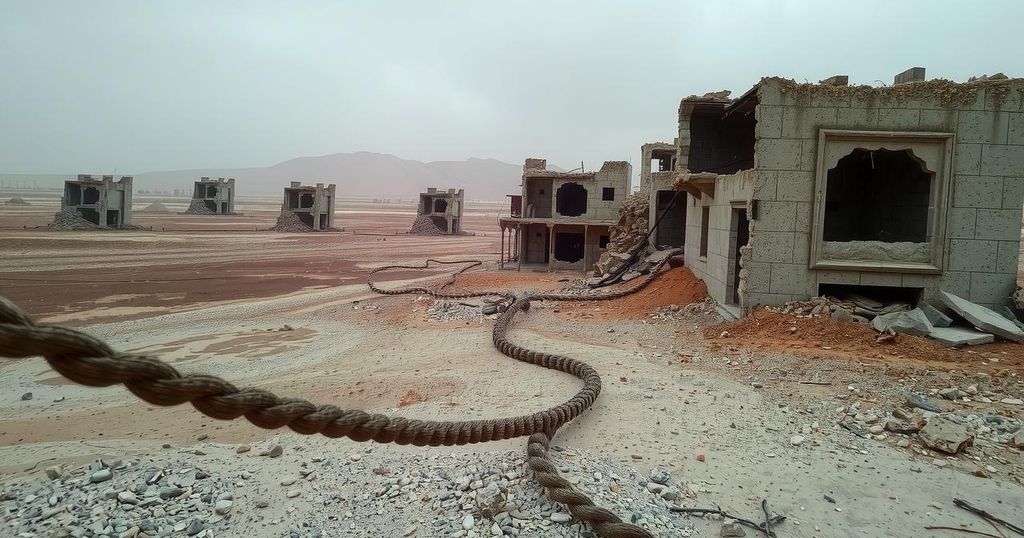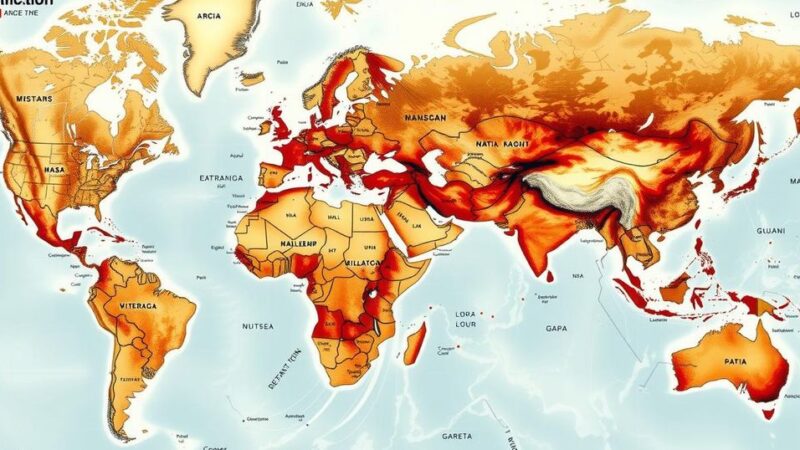The ACW and SIPRI webinar focused on the neglected conflicts in Libya, Sudan, and Yemen, highlighting their humanitarian crises and challenges for resolution. Expert speakers discussed the political deadlock and external influences in each nation, emphasizing the need for inclusive governance and effective resource management to facilitate recovery and peace.
A recent webinar hosted by the Arab Center Washington DC (ACW) and the Stockholm International Peace Research Institute (SIPRI) explored the overlooked crises in Libya, Sudan, and Yemen. Speakers included Elham Saudi, Yasmeen Al-Eryani, and Manal Taha, who addressed the significant humanitarian fallout of these conflicts amid competing global narratives. The discussion revealed that despite existing ceasefire agreements, Libya is still fractured by internal strife, where rivalry between governments prolongs instability and mismanagement exacerbates the suffering of civilians.
In Sudan, the ongoing civil war poses severe humanitarian challenges, having displaced over 8 million people and threatened millions with famine. Atrocities have escalated, categorized by many as war crimes, as fragmented international diplomatic efforts fail to address the crisis. Yemen, although experiencing a temporary decrease in violence, finds itself in a dire humanitarian situation. Governance and economic disputes between the Houthis and the internationally recognized government continue, preventing stabilization despite a fragile ceasefire.
The panel emphasized the influence of external actors on these conflicts, highlighting how geopolitical dynamics affect regional engagement. Participants discussed necessary pathways for resolution, including establishing accountable transitional governance that could prevent renewed conflicts. Moreover, the management of resources such as Libya’s oil, Sudan’s gold, and Yemen’s ports was suggested as vital for supporting post-war recovery.
The conversation also considered future scenarios for the region, urging regional and global actors to align their interventions with the aspirations of the affected populations. The complicating factors of shifting alliances and varying political realities call for a nuanced approach to peacebuilding in Libya, Sudan, and Yemen.
In conclusion, the webinar underscores the urgent need to address the crises in Libya, Sudan, and Yemen, which remain severely impacted by humanitarian issues and political stalemates. It emphasizes the complexity of these conflicts and the necessity for inclusive political processes, resource management, and accountability measures to foster lasting peace. As regional and global actors navigate these challenges, the insights shared by the expert panel offer critical guidance for future engagement and resolution efforts.
Original Source: arabcenterdc.org






